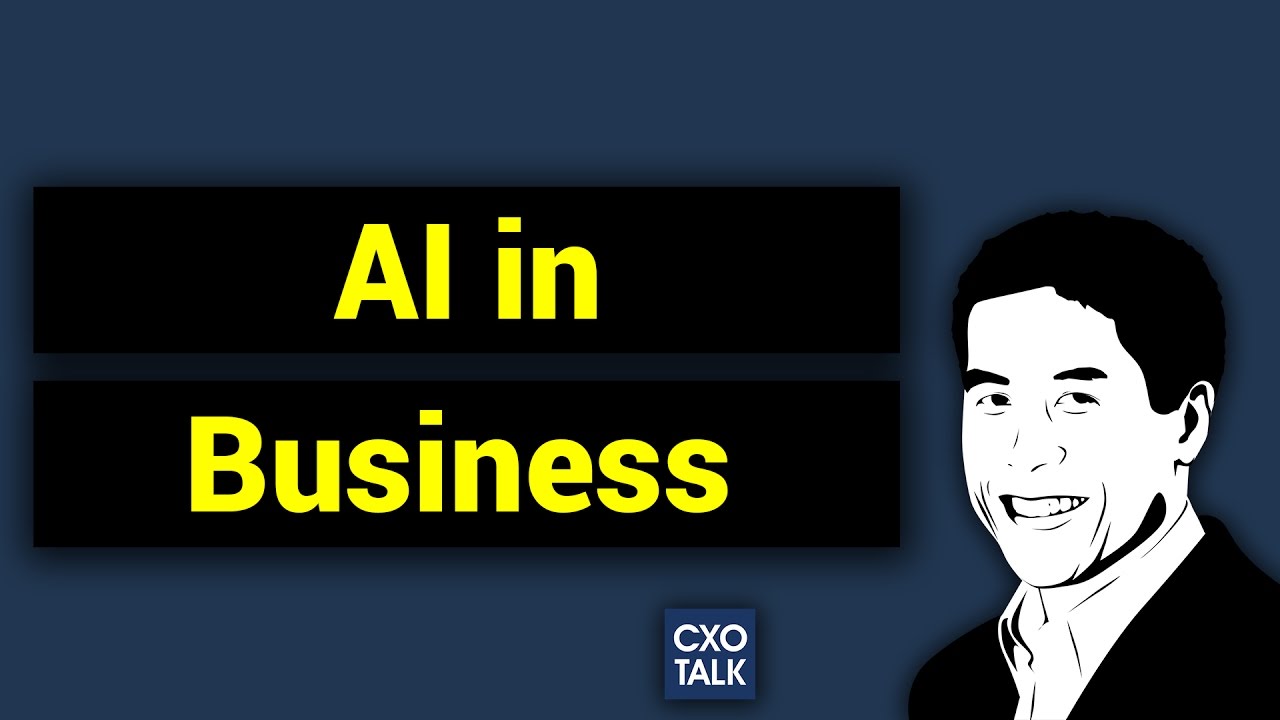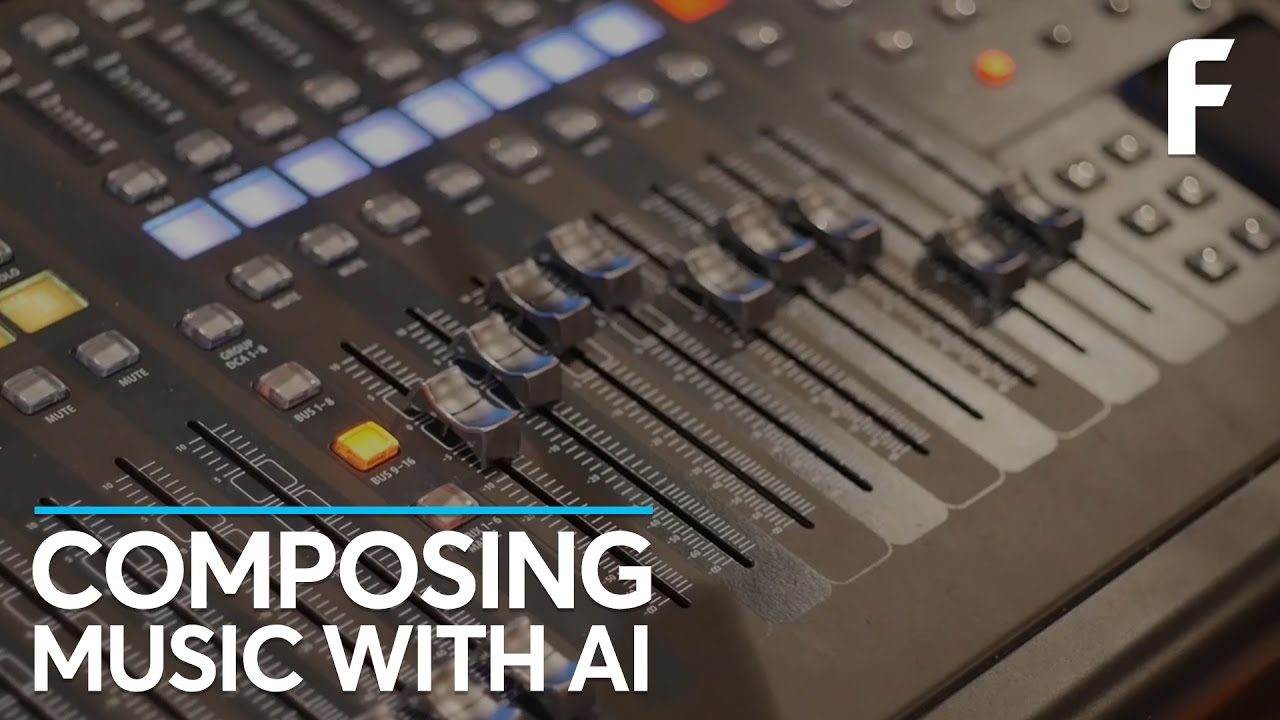Data and automation have the power to transform business and society. The impact of data on our lives will be profound as industry and the government use techniques such as artificial intelligence (AI) and machine learning (ML). Explore this important topic with two world experts.
For more information, see https://www.cxotalk.com/episode/automation-ai-business-michael-chui-mckinsey-david-bray-fcc
Dr. David A. Bray began work in public service at age 15, later serving in the private sector before returning as IT Chief for the CDC’s Bioterrorism Preparedness and Response Program during 9/11; volunteering to deploy to Afghanistan to “think differently” on military and humanitarian issues; and serving as a Senior Executive advocating for increased information interoperability, cybersecurity, and civil liberty protections. He is Chief Information Officer of the Federal Communications Commission.
Dr. Michael Chui is a partner at the McKinsey Global Institute (MGI), McKinsey’s business and economics research arm. He leads research on the impact of information technologies and innovation on business, the economy, and society.
Michael Krigsman is an industry analyst and host of CXOTALK.
——————
Check out all the CXOTALK episodes: https://cxotalk.com/episodes
——————
Follow us on Twitter: https://twitter.com/cxotalk
——————
From the transcript:
(07:59) Michael, how do organizations make the decision to invest, and where should they invest?
Michael Chiu:
(08:21) Well, a few things. I think one of the things that have happened over the years that we’ve been doing research on, as well as more organizations, have started to understand the potential of data analytics, and then those applications to these techniques – AI and machine learning – is that awareness has certainly grown. In fact, amongst what’s called “executives,” whether they be public sector or private sector, it’s actually … They’re starting to understand that, in fact, data and analytics are either becoming a basis of competition or a basis of providing the services and products that your customers, citizens, and stakeholders need.
(09:01) Thing is, we’ve reached that level of awareness, but as David and I have talked about in terms of actually what has been able to be captured, what sorts of value has actually been able to be generated, comes about for a number of reasons. And I think as we looked at organizations all around the world if you ask and executive or leader there, “Are you thinking about data? Are you thinking about analytics, and are you doing anything?”, and almost everyone says, “Yes.” And many would say, “Oh, we’ve got a successful pilot where we conducted this experiment. We’ve invested in the technology, we’ve invested in hiring some data scientists and analysts, etc. for software and hardware; on Cloud, or on-premise, what-have-you, while doing that transition.”
(09:45) What we found oftentimes: While there are oftentimes real technology challenges which take real investment, and time, and energy; and as a technologist myself; it’s very interesting to talk about those things. Oftentimes what we find the real barrier is, is around the people stuff. It is how do you get from an interesting experiment where there’s a business-relevant insight? We could increase the conversion rate by X percentage if we actually used this next product to buy an algorithm and this data, we could reduce the maintenance costs, or increase the uptime of this whole good. We could, in fact, bring more people into this public service because we can identify them better.
(11:12) And that organizational challenge of understanding the mindsets, having the right talent in place, and then really changing the practices at scale, I think that’s where we’re seeing a big difference between those organizations who have just reached awareness and maybe done something interesting, ones who have radically changed their performance in a positive way through data, analytics, and AI.
(12:00) Is there anything that’s unique about AI and machine learning that we need to be considering when we talk about adoption and the proliferation of these technologies in the enterprise in a meaningful way?
David Bray:
(13:50) Now, for artificial intelligence, in some respects, it’s just a continuation of predictive analytics, a continuation of Big Data, it really is nothing new in terms of the fact that technology always changes the Art of the Possible, this is just a new Art of the Possible. I do think there’s an interesting thing in which it could offer a reflection of our own biases through artificial intelligence. If we’re not careful, we’ll roll out artificial intelligence, populating it with data from humans, [and] we know humans have biases and we’ll find out that the artificial intelligence itself, the machine learning itself, is biased.
UCGeqHuR3eUU5tnmgjkqZazw
source



